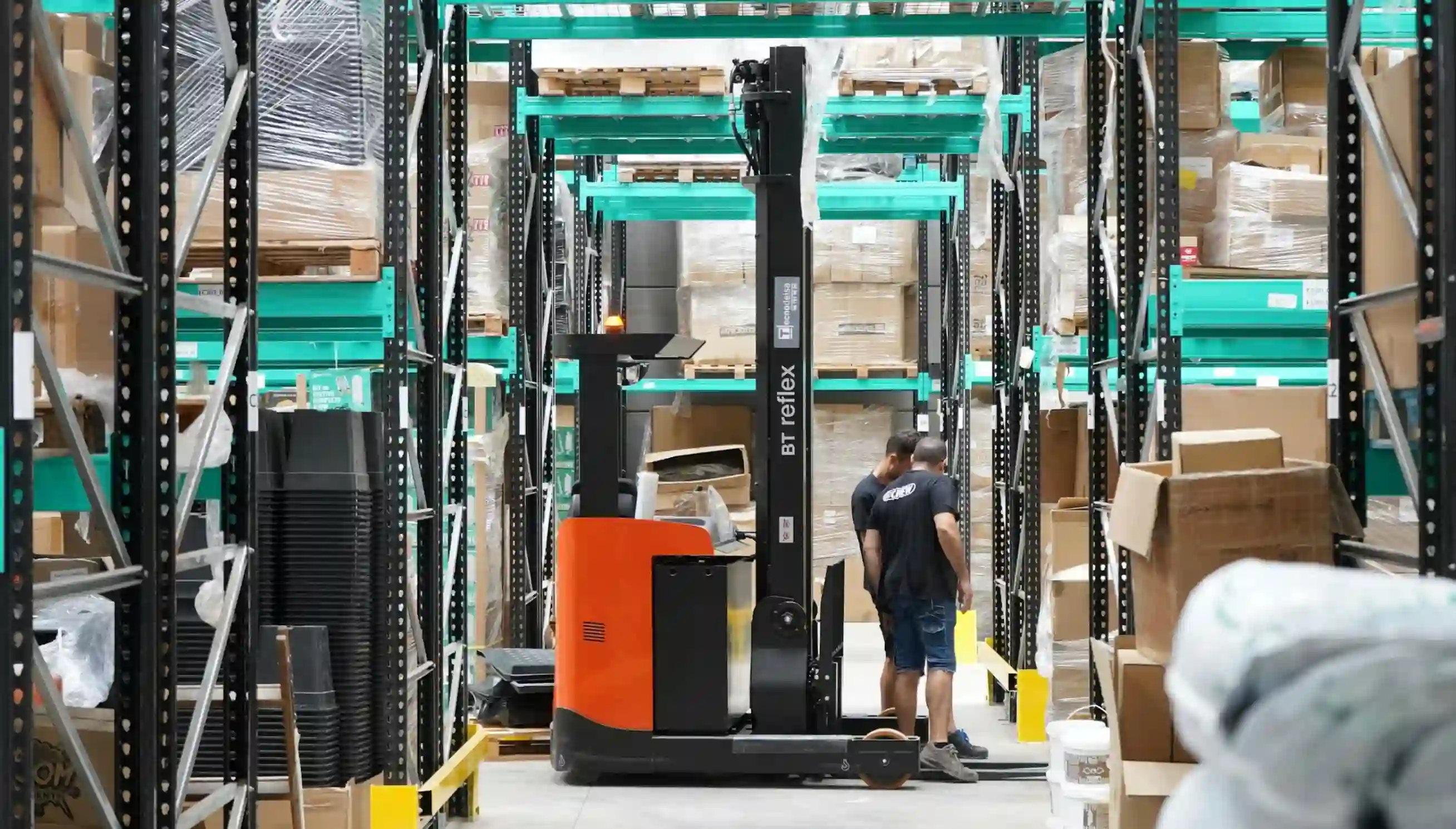Using Liquidation as an Exit Strategy
When the end of the line for your business becomes the most hopeful option or, as in many cases, the sole option, liquidating assets becomes a viable strategy for exiting.
When the end of the line for your business becomes the most hopeful option or, as in many cases, the sole option, liquidating assets becomes a viable strategy for exiting.
The most prevalent and optimal operation in terms of relinquishing your business is selling your company to keen buyers; however, this is not what all business owners want to do. According to Business Finders, approximately 80% of companies on the market will not sell, as owners undervalue how imperative a projection of sale is. A game plan is crucial for every entrepreneur at any level of expertise.
Owners and investors demand an exit strategy to extract their money from a business venture. Therefore, you should always have one ready, despite your high expectations for success. A scenario for potentially dissolving your company involves securing a return on your investment and having a robust level of trust for financiers in your enterprise, coupled with potential buyers. Insight into the process of liquidation is imperative before moving forward for your exit strategy to be beneficial.
What Is Liquidation?
In the sphere of finance and economics, liquidation is a procedure of closing a business and allocating its assets to claimants based on the priority of their interests. Once proceeds from the assets repay creditors, the residue is distributed to shareholders, if applicable. Commonly omitted, the exit strategy to abruptly close one’s doors and abandon all business operations indefinitely is not always the best option. However, small, independent businesses, operating with one single individual, can be left with no other alternative or nothing else to sell.
What Is Insolvency?
Liquidation occurs when a company is insolvent, which is defined as an individual or organization that can no longer commit to its financial obligations to lenders as debts become collectible. Preceding insolvency proceedings can be things like informal arrangements with creditors, and negotiating varied payment arrangements. Such extreme financial liability can result from poor cash management, a reduction in cash inflow, or an increase in expenses.
The Liquidation Option
There are generally three divisions of a business that will liquidate assets, converting them to cash. First are businesses with assets that are utilized indirectly to generate income. They typically include furniture, fixtures, and equipment of a service enterprise. In terms of value, liquidation does not derive prime financial benefits. Real estate companies, insurance agencies, and law offices are classic examples of this division.
Second, there are businesses with assets that promote direct production of income. This specific type of equity may be sold to analogous companies, consigned to used equipment dealers, or liquidated with the assistance of an industry-specific auction house. Restaurants and manufacturing companies fall into this grouping.
The final sector encompasses businesses whose assets directly yield income, are independently owned, and operate within the retail brick and mortar system. Independent stores, apparel and shoe stores, sporting goods stores, and furniture stores are in this category. Liquidating in retail is quite stressful, as usually the majority, if not one’s entire savings have been invested in the business, and, specifically, bound in inventory. As a business owner, your financial future will depend on converting all assets to cash.
The Benefits of Liquidation
Liquidation, although not highly desirable, is an uncomplicated solution for business owners, excluding transitions and negotiating with buyers. Assets are listed and sold off through auctions to customers, suppliers, and even competitors. What remains from the profits of the sale, after acknowledging creditors and shareholders, belongs to you. The route is quick and permits you as the owner to extract at least some of its value. Our team at Michaels Global Trading offers expert appraisal, auction, liquidation, and decommission services tailored to your unique needs, ultimately making this challenge just a bit easier.
The Adversity of Liquidation
In terms of investment for small business owners, liquidation offers the lowest returns; you’ll never receive the large-scale value of your company. The only money earned from this process is obtained from the disposal of physical assets, such as land, equipment, and inventory. It is symbolic of creditors having the fundamental claim of funds from the sale of assets, but the value of previously owned assets is quite minimal, regardless of the market. Appraisals that cannot be measured include your reputation, your trusted and accomplished employees, your commitment, and your relationships with your clientele. There is no tangible way in which to liquidate these atypical or professed assets. With this reduction come harsh consequences, and when coupled with a personal sense of deficiency and lost opportunity, the struggle is pronounced.
Professional Liquidators
Our qualified team commends you should approximate liquidation with professional assistance and fundamental protocol; the sooner you make a connection with an expert, the more advantageous it will be for you in the long run. The longer you delay the liquidation process, the more detrimental your circumstances and outcome will become. Being aware of your options is critical, as incurring credit while being insolvent can be regarded as negligence during this process. Therefore, your actions could have serious implications. Expert support will preserve your assets and maximize your potential dividend.
The preservation of assets is done in the best interest of the general body of creditors to maximize the potential dividend that they stand to receive. It’s always advisable to heed the experts’ advice. The sooner you start operations, the more inclined you are to salvage your achievements, even minimally. This assistance should afford you to pay off some debts or be able to start on a new venture with a trusted and principled reputation.
Business rescue is an option you may be able to pursue, but this approach relies on taking action long before it’s too late, in which case liquidation may be your only option. The smartest thing you can do for your business when things go awry is to contact the experts, who are trusted and practiced in liquidation operations.
Charismatic entrepreneurs exist for demands synonymous with the endeavor of creating their businesses. Amid the ambitious chaos, it’s natural to lose sight of one enduring factor: every single decision could conceivably lead to consequences much later in your enterprising journey. Although your main focus may be to build an empire or even enjoy enough success to grant you a rewarding lifestyle, you must always ensure you have an exit strategy. Nothing is foolproof, so establishing a return on your money is vital.
With that said, an exit is not always connotative of loss. You may want that coordinated exit because you are expanding your wings, or looking for opportunities elsewhere. It may be a novel venture, an early retirement, or quite openly a diminished passion in your business. The key is to qualify yourself for the fortuitous, which, in essence, is in pure entrepreneurial form.
If you’re considering liquidating, we look forward to connecting with you. Michaels Global Trading has the prowess, choice expertise, and contacts in our vast database to deliver the highest assessment for your inventory and assets. Our clientele includes commercial and retail corporations, financial institutions, government entities, and small business owners. We are committed to executing approaches for your success with integrity and dedication.
To connect directly with us and discover more about our expert services, call 888-471-5066 or visit our website!




